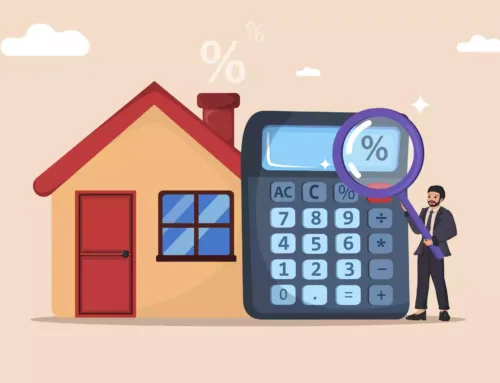Debt-to-Income Ratio
When you’re preparing to buy a home, you will begin to look at your credit score and your income to make sure that you can be approved for the best interest rate and the loan amount you desire. But something you may not be thinking about is your debt-to-income ratio and how it could be affecting your credit score and the overall willingness for lenders to allow you to borrow money for your mortgage.
What is Debt-to-Income Ratio?
Debt-to-Income (DTI) ratio is the percentage of your gross monthly income that is spent on monthly debt payments. The payments would include anything from rent to credit cards, student loans, car payments, mortgages or even child support. The lower your DTI, the more likely lenders are to approve your loan. The ideal DTI is 40 percent or lower, however each situation is different and you can still be approved with a DTI of 45% or higher. Your loan officer will do what they can to get you approved regardless of your DTI so if that is your only concern, you still have a good chance of approval.
Calculating Debt-to-Income Ratio
Calculate your DTI by adding up your recurring monthly debt obligations, such as your minimum credit card payments, student loan payments, car payments, rent or mortgage, child support, alimony, current or projected property taxes, homeowners’ insurance and personal loan payments then divide this number by your monthly pre-tax income. In cases where it applies, factor in Homeowners Association fees or condo dues. To get the percentage, you usually just multiply by 100.
How to Lower DTI
Since a DTI of under 36 percent is desirable, taking steps to get your DTI lower may be needed before you start trying to get a loan. To improve your debt-to-income ratio, try to make more than the minimum payment on credit cards and loans to pay debt off faster. Another thing that is recommended for those trying to lower their DTI is to avoid adding additional charges to your credit cards and avoid applying for additional loans. Be sure that each month you are re-calculating your DTI to be sure you are making progress. If possible, increasing your income at the same time would be of great help.
Putting it All Together
Remember that debt-to-income ratio is only part of the bigger picture when it comes to being approved for a loan. Lenders use it to determine if you qualify for a mortgage and to define what your interest rate and loan terms will be. By keeping your DTI below 36 percent and keeping up on your credit health, you will be in a better position for approval and the best rates.













